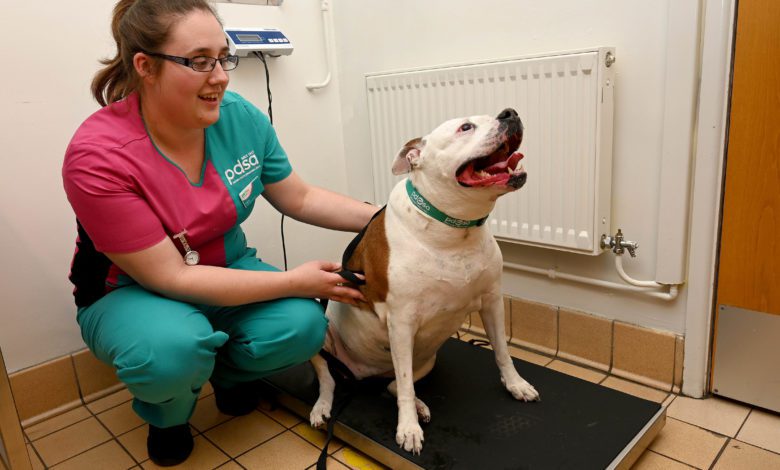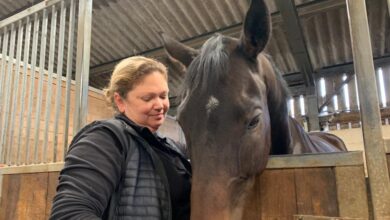Pet obesity could be ‘ticking time-bomb’, says PDSA
A study of more than 4,500 pet owners by the UK’s leading vet charity, PDSA, and YouGov, found that 1.4 million pets have been fed more human treats since the start of the coronavirus pandemic

Vet charity PDSA is urging pet owners to consider the health and wellbeing of their pets this National Obesity Awareness Week (10-16 January 2022), following research revealing a large number of pets have suffered weight increases.







